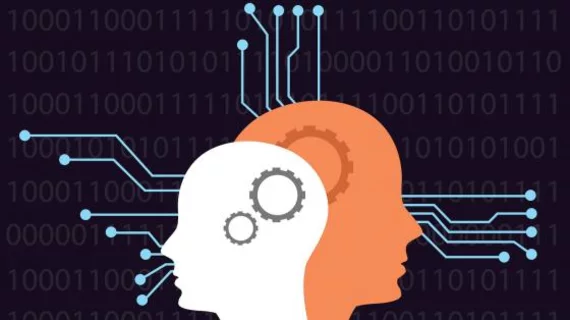AI startup trains algorithm with 1.2M chest x-rays, confirms its accuracy
Qure.ai, a San Mateo, California-based healthcare startup focused on artificial intelligence (AI), has released the results of a thorough validation study confirming the accuracy of its deep learning chest x-ray algorithm. The study involved 1.2 million x-rays and their corresponding radiology reports.
Overall, the deep learning system was more than 90 percent accurate in detecting abnormal scans, calcification, fibrosis and other abnormalities. Results are available on Cornell University’s online distribution system.
“The chest x-ray is a valuable health screening tool and a vital component of public health programs worldwide,” Shalini Govil, MBBS, DMRD, DNB, quality controller and senior advisor of the Columbia Asia Radiology Group, said in a prepared statement. “The enormous volume produced each year creates an ever-increasing demand for radiologists. Unfortunately, numerous chest x-rays displaying significant pathology are left neglected in piles of backlogs due to a lack of available radiologists to report them. Through semi-automation of the reporting process, AI can significantly reduce a radiologist's workload, improve report accuracy, reduce turnaround time and save lives.”
“This is an exciting time for deep learning technologies in medicine,” Prashant Warier, CEO and co-founder of Qure.ai, said in the same statement. “As these systems increase in accuracy, so will the viability of using deep learning to extend the reach of chest x-ray interpretation, improve reporting efficiency and save lives.”
More Radiology Business coverage of Qure.ai is available here.

